Babak Tehrani was 17 years old in June 1994 when he hugged his parents and two younger brothers, left his home in Tehran and, guided by a well-paid smuggler, tried to slip across the rugged mountains from Iran into Pakistan.
He was joined by his friend, 20-year-old Shaheen Nikkhoo, who was hoping to follow in his grandfather’s footsteps and become a dentist. Iranian police caught both young men at the border town of Zahedan, and none of their relatives in Los Angeles have had a word from then since.
Tehrani and Nikkhoo are among 11 Iranian Jews, ranging in age from 15 to 57 at the time of their ill-fated flights, who were caught and arrested in the 1990s. All attempts to learn their fate or gain their freedom through personal pleas or backdoor diplomacy have been met with evasions or silence by Iranian authorities. However, reports from various sources inside Iran indicate strongly that the men are still alive.
Now, for the first time, their families and the Jewish organizations backing them have decided to go public and enlist the help of the United Nations and the media to free the 11 detainees.
For the families, the wait and the uncertainty are almost unbearable.
"When they caught Shaheen, they put all his family into a mental prison," said Ramin Nikkhoo, a Los Angeles chiropractor who is Shaheen’s older brother. "I wake up and think about him. I shower, I eat, I go to work and all the time I think about him. I feel the same anguish as I did on the first day, nine years ago."
Sia Tehrani, the younger brother of the missing Babak, works in his father’s shoe store in downtown Los Angeles and translated for his parents, Yousef and Elena.
"Babak was a top student; he liked to study and he liked to play soccer," said the brother. "Since he was arrested, my mom cries every night. She takes lots of pills for depression, and my dad has pains from the stress and nerves all over his body."
As the families voice their anguish publicly for the first time, their desperation is palpable.
"The Iranians can’t just get away with kidnapping men, they have to give them back to their families," demanded Ramin Nikkhoo. "This is the 21st century, this isn’t Nazi Germany."
Sia Tehrani, 21, pleaded with a reporter, asking, "Can you help us see President Bush? Is there any way to talk to him? For nine years we have heard nothing. Now we want to get involved. We need help. We need help."
Sam Kermanian and Malcolm Hoenlein understand the families’ frustration and desperation. For many years, they have been working behind the scenes and, despite criticism from more militant Iranian Jewish organizations, have been counseling patience and quiet diplomacy, lest public protests endanger the lives of the missing men.
In the last few years, Hoenlein, executive chairman of the New York-based Conference of Presidents of Major American Jewish Organizations, and Kermanian, secretary-general of the Los Angeles-based Iranian American Jewish Federation, have been focusing their attention on winning the release of the Shiraz 13, Iranian Jews jailed in 1999 for allegedly spying for Israel. All of the men are now out of prison.
"Although we have had contacts with Iranian officials about the 11 missing men, we couldn’t speak about it until the affected families themselves decided to go public," Hoenlein said.
Kermanian said that a major campaign is in the works to raise public awareness and involvement in the case in the United States among the general public and media and to build contacts with human rights groups.
The organizers also hope to influence European public opinion, although, as one knowledgeable source observed, "European governments have their own economic interests in Iran, and the general climate is quite anti-Semitic. Even the Jewish communities in Europe are afraid to speak out."
As one concrete step, Hoenlein and Kermanian dispatched a letter to U.N. Secretary-General Kofi Annan over the weekend, to be followed by a nationwide news release on the case. The letter basically appeals to Annan to ascertain the whereabouts and condition of the missing men and then to obtain their release.
Kermanian has enlisted the help of the Farsi-language section of Israel Radio, widely heard in Iran, to broadcast a compassionate appeal by Elena Tehrani in Los Angeles for the release of her son, Babak, and an interview with Kermanian, himself, pointing out that the missing men are now in the hands of Iranian intelligence officials.
The event that tore the curtain of secrecy over the fate of the missing 11 occurred one month ago, when Ambeyi Ligabo, the U.N. special rapporteur on freedom of opinion and expression, visited Tehran, mainly to check on the status of political dissidents in Iran.
However, in a widely publicized encounter, Ligabo also met with the mother of the missing Nikkhoo, who has remained in Iran with her husband and daughter and who pleaded for her son and the other missing men.
After this meeting was reported in the Iranian media, the other affected families in Iran and the United States decided to go public, together with Kermanian and Hoenlein.








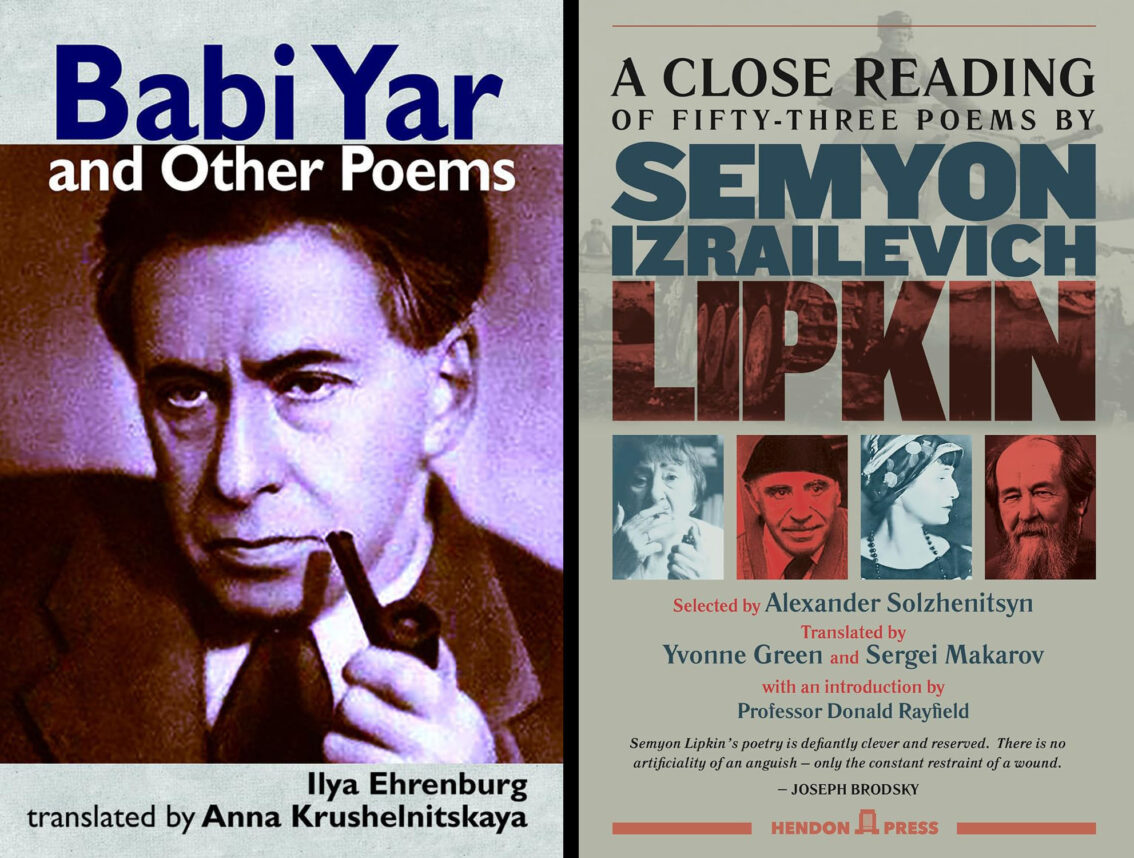
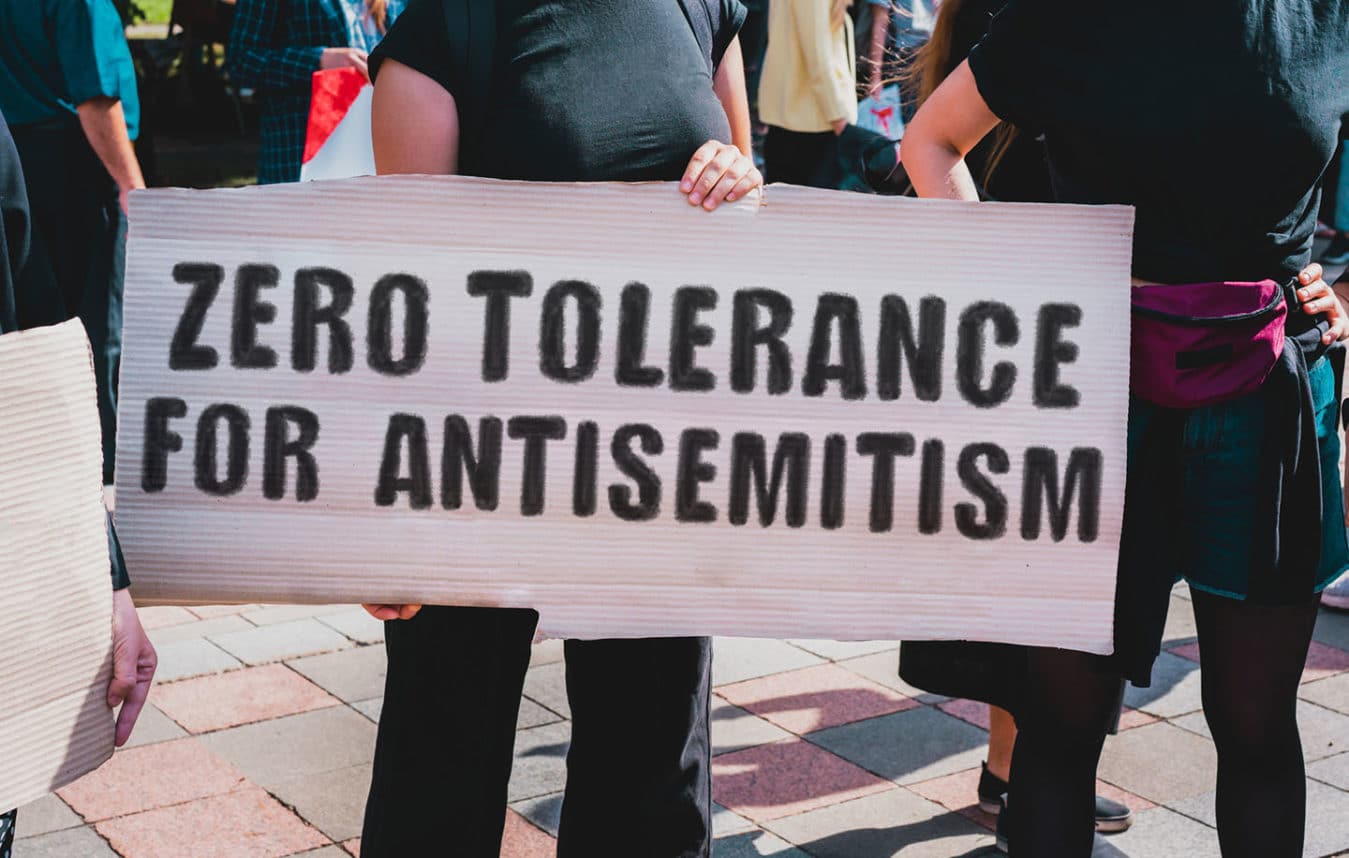
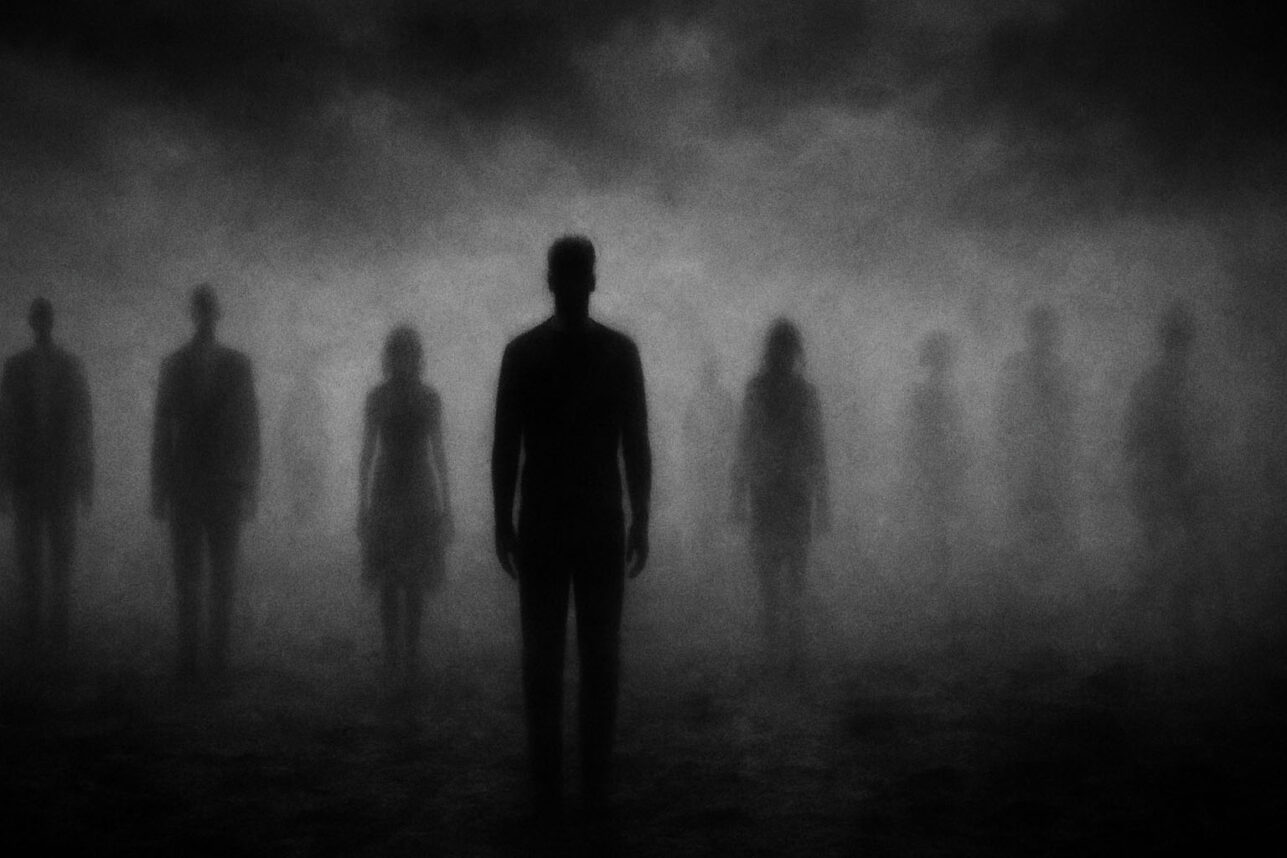
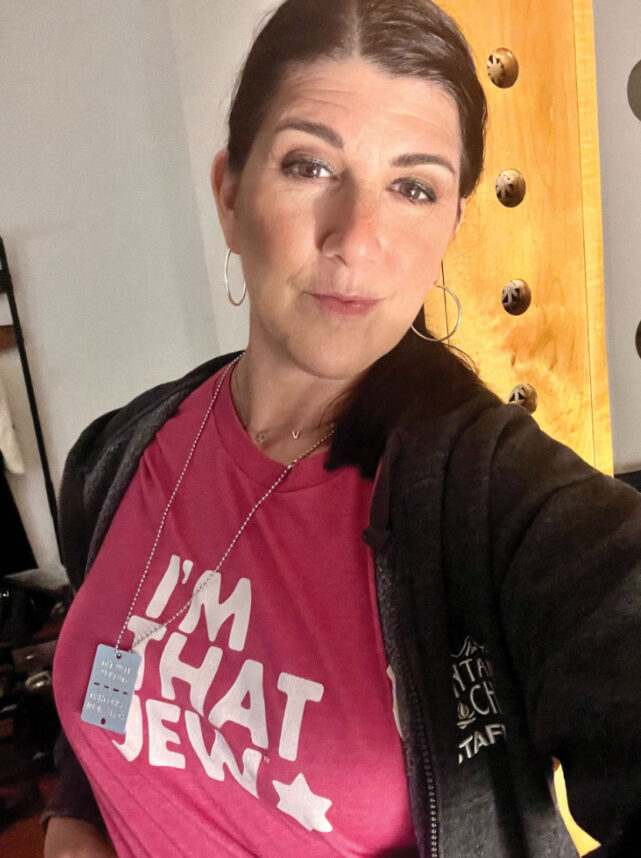
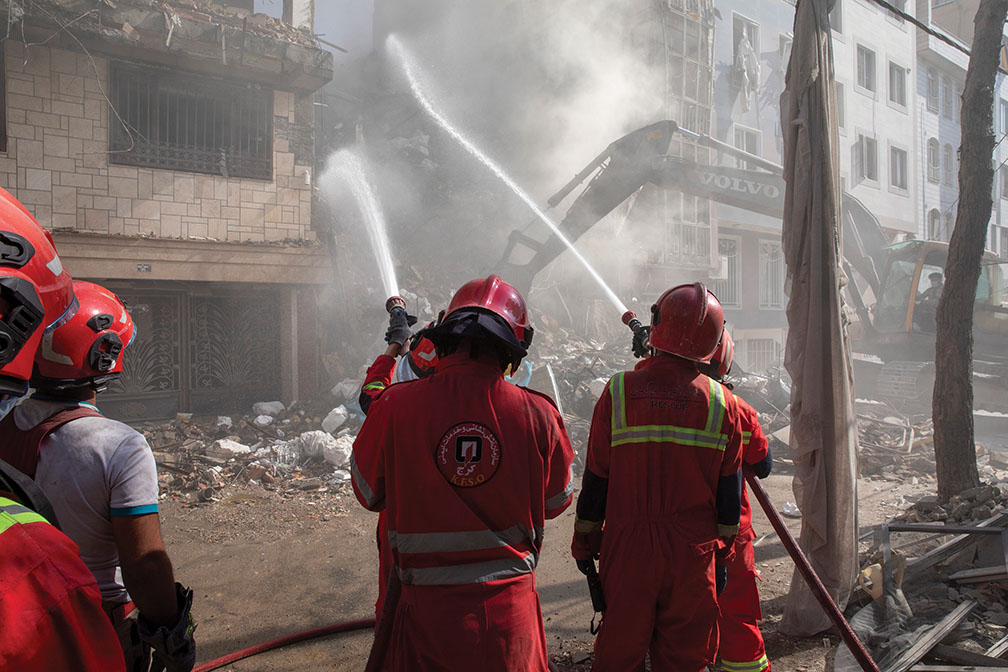

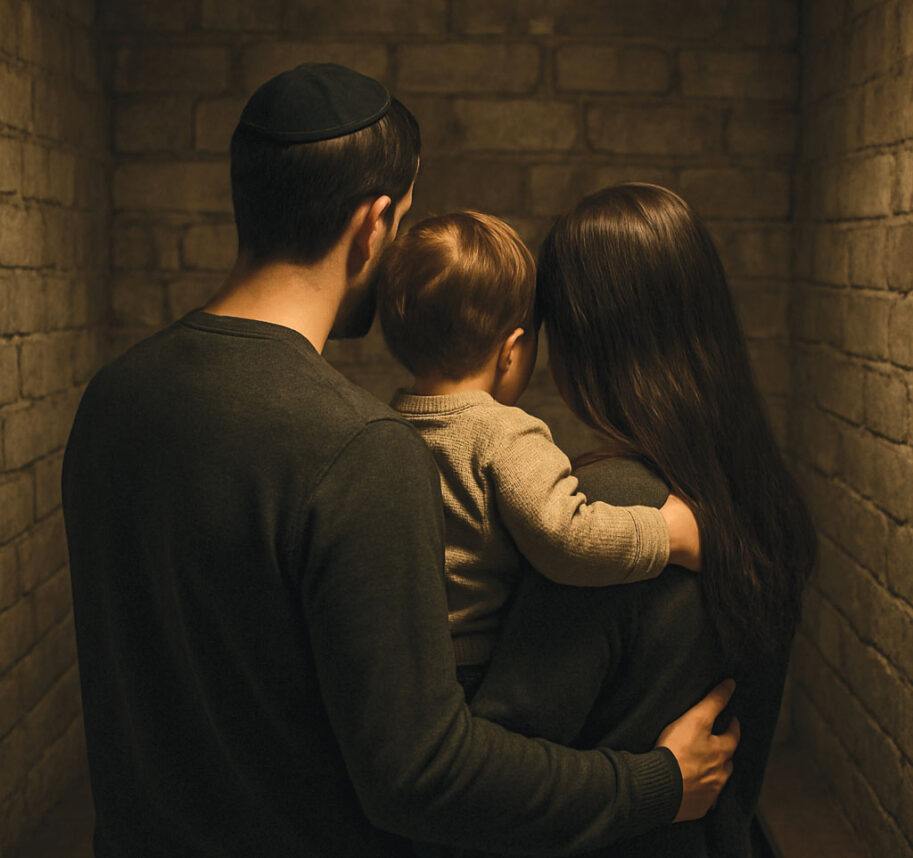
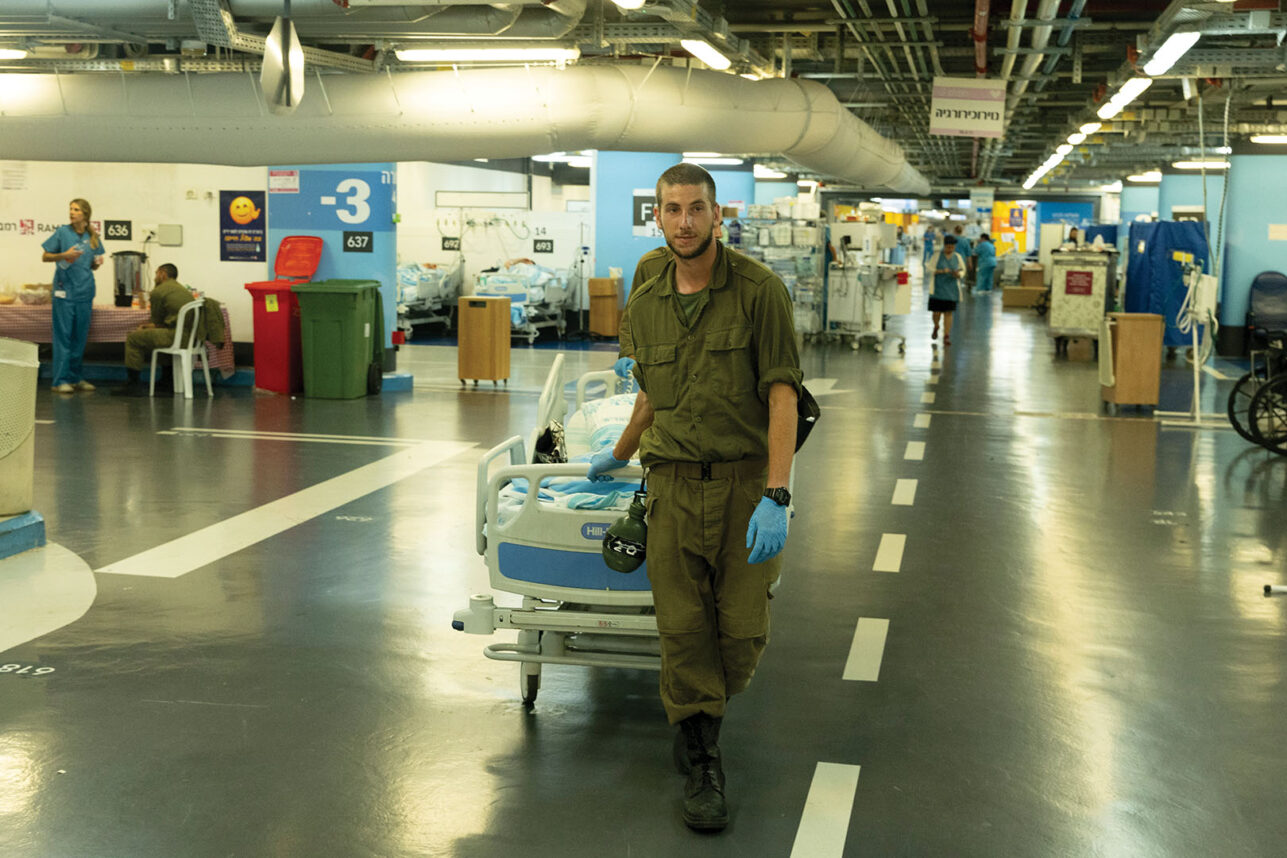

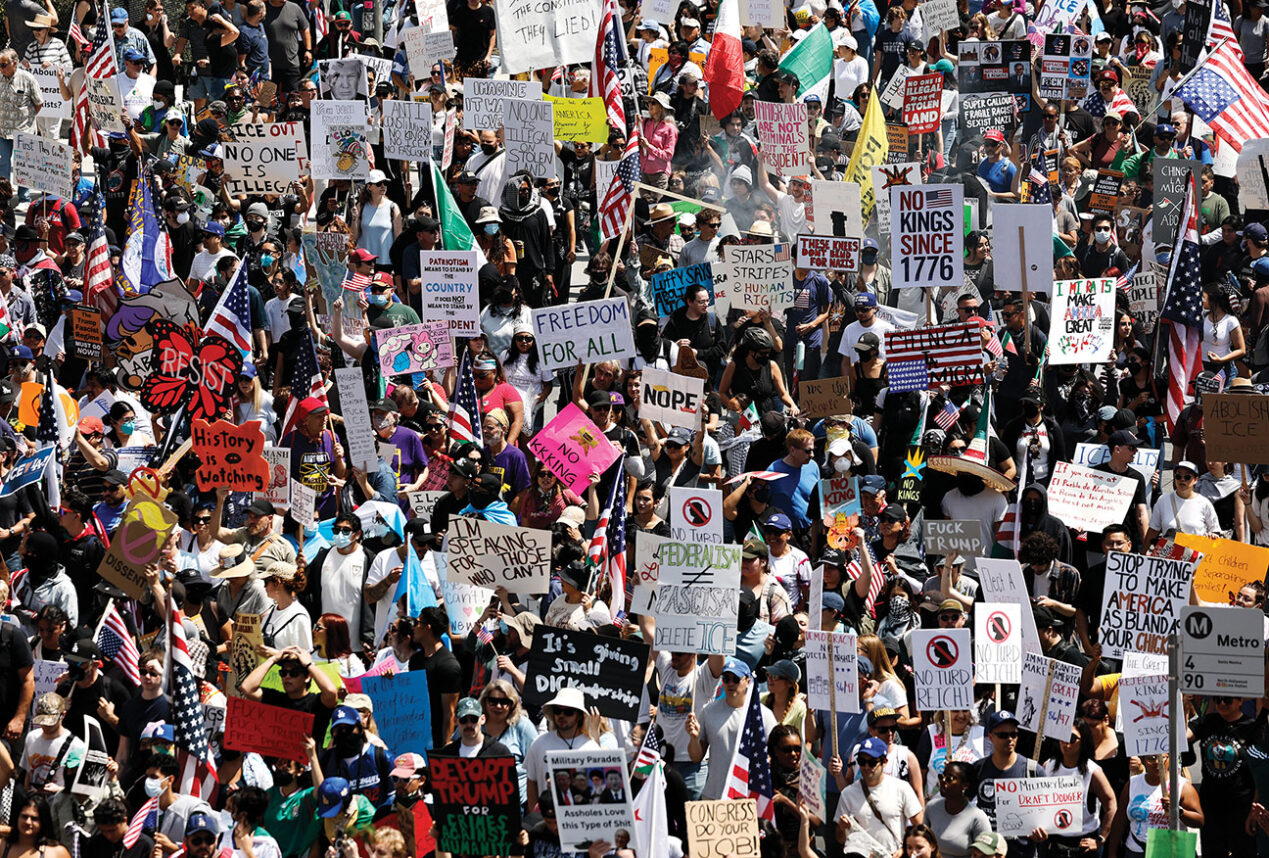



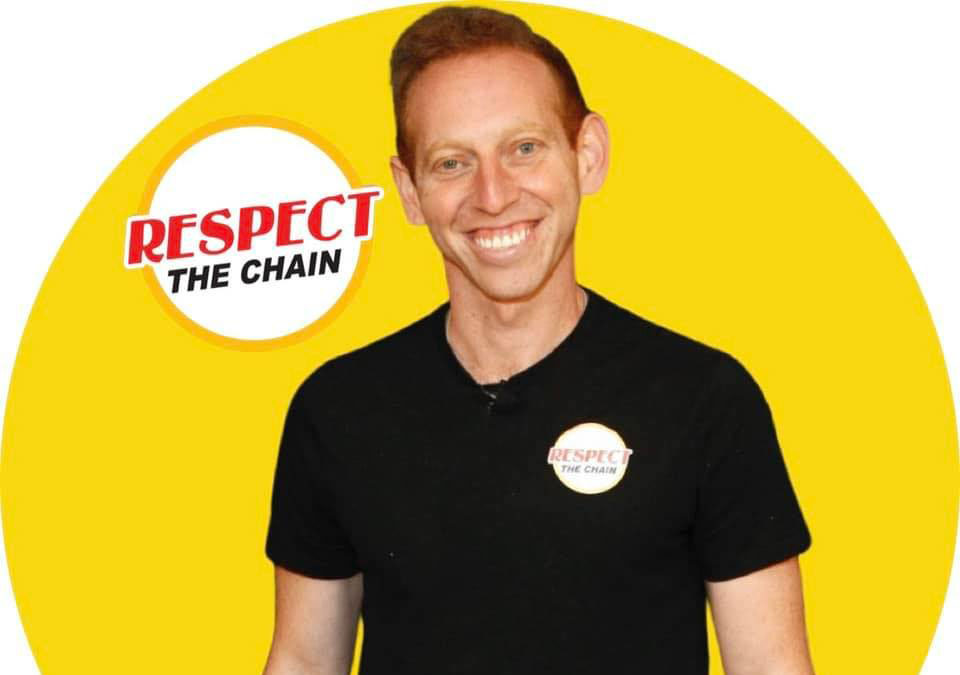


 More news and opinions than at a Shabbat dinner, right in your inbox.
More news and opinions than at a Shabbat dinner, right in your inbox.